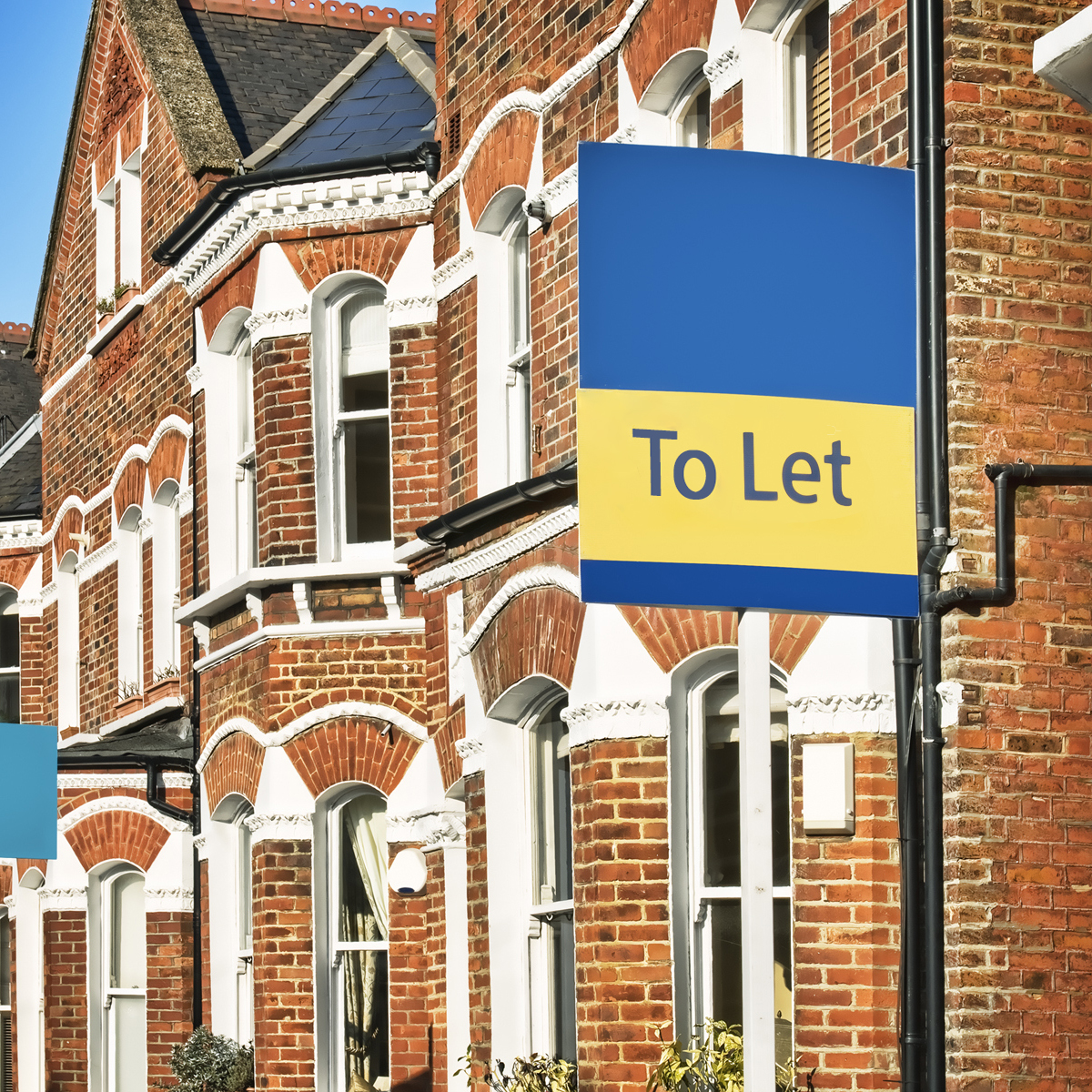A Guide to Inheriting a Property
How long do I have to make decisions on an inherited property?
Our guide to inheriting a property answers many of the common questions customers have during this difficult time. To keep you from feeling overwhelmed, this article highlights the most important points to consider - including of course, how to insure an inherited home.
Following the death of a loved one, having to think about tax, debt, property and money may be the last thing you want to think about. The truth is, a property doesn’t have to be dealt with immediately and most banks or lenders are sympathetic to your situation. Inheritance tax doesn’t have to be paid for up to 12 months and most mortgages have a period of grace while you make your arrangements. Don’t be afraid to speak with lenders themselves either. They are not there to work against you in such situations. Until the will is executed and you officially take on ownership, there is no one to collect from anyway, so it is in their best interest to align with yours at this point.
What are the long-term options when inheriting a house?
Whether you're inheriting a property from parents or from someone else, the three realistic options for most of us are: to sell; to rent; or to move in. Each option has different factors to take into consideration and which you choose may depend greatly on individual circumstances, such as if the property is inherited with a mortgage, or inherited with siblings. Renting out the property may create additional income for the landlord, or create an income to continue paying the mortgage. Selling provides an immediate lump sum, and is therefore a common choice when the estate is being divided between people.
Who makes decisions about the estate and property?
Usually a will names an executor as the person who oversees the distribution and/or sale of the estate. This executor could be a solicitor, child, sibling, friend or other family member. They are responsible for ensuring the payment of any taxes, clearing any debts and distributing the estate to the beneficiaries as stated in the will.
If there is no will, or a living spouse or civil partner, the entitlement falls to children of the recently deceased.
What happens when you inherit a house with a mortgage?
If there is no life insurance to pay off the mortgage on the property, this responsibility passes to the inheritor(s) along with the property itself. If you inherit the mortgaged property, but plan on keeping it to live in or rent out, you will need to continue to make these payments once the property is registered to you. Your other option is to sell the property. This usually generates enough funds to pay off the mortgage – and what’s left will be shared among the beneficiaries.
What if there is no life insurance to cover the mortgage?
Assuming that the mortgage was not covered by a life assurance policy, you should check the terms of the mortgage to see what it says about payment in the event of death. Often, interest and payments will be frozen until the grant of representation is obtained. The general rule is that the debt is payable out of the sale proceeds of the property which is mortgaged.
Inheritance tax rules
How long do I have to pay inheritance tax?
Inheritance Tax should be paid within six months’ of the person’s death. HMRC starts to charge interest on Inheritance Tax if it is not paid within six months.
Who is responsible for paying inheritance tax?
The estate executor is typically responsible for making sure that all assets are shared as stated in the will and that taxes are paid in time. Taxes are usually paid from the estate rather than by the beneficiaries (the people inheriting the estate) - who do not normally pay tax on their inheritance.
How much is inheritance tax on property?
Introduced in April 2017, the main residence nil-rate band is an extra property allowance that allows people to leave their homes to family tax-free.
Under the rules, if you're passing your home to a direct descendant, you can benefit from an additional £150,000 in tax-free allowance in the 2019-20 tax year.
Inheritance Tax is due on estates worth more than £325,000. The rate is 40% of the estate that is above this threshold. However, due to the nil-rate band. If you've inherited the property as a direct descendant, you will also be eligible for an extra £150,000 tax free, which means that individuals can inherit a total of £475,000 tax-free. If you're spouse or civil partner is inheriting too, this equates to £950,000.
After 2020, the plan is for the main residence nil-rate band to increase annually with inflation.
Property Inheritance Tax examples
| Estate value | Value above nil-rate band | Tax due |
|---|---|---|
| £325,000 | £325,000 | £0 |
| £400,000 | £75,000 | £30,000 |
| £500,000 | £175,000 | £70,000 |
| £600,000 | £275,000 | £130,000 |
| £700,000 | £375,000 | £170,000 |
| £800,000 | £475,000 | £190,000 |
| £900,000 | £575,000 | £230,000 |
| £1,000,000 | £725,000 | £270,000 |
There are also two other key taxes to consider.
Income tax when inheriting a property
This is tax you might pay on the rental income from a property. The profit from the rent is added to your salary and can raise the amount of tax you pay. Since 5 April 2017, Section 24 (an amendment to UK tax law) means the amount of income tax relief landlords receive for residential property finance costs will be restricted to the basic rate of tax. Since April 2019, you have only been able eliminate 25% of tax relief on mortgage interest payments, and from April 2020 this will be reduced to 0% and be replaced by tax credit of 20%.
Capital gains tax when inheriting a property
If you sell the property, and it has increased in value since you acquired it, you may be liable to pay capital gains tax on the difference. This only applies on properties that aren’t your main residence, so in some cases it’s better for the inheritor to move into an inherited property immediately, making it their main residence, therefore paying a lower rate of tax. In some cases, you can pay less tax by donating inheritance tax to charity.
Who can inherit a property if there is no will?
When a person dies without leaving a valid will, their property (the estate) will be shared out according to certain rules. These rules are called the rules of intestacy.
I've inherited a property with tenants - what should I do?
In the first instance, you should ask yourself whether you would like them to remain tenants. If you want the property emptied then you should check the terms of their rental contract, and draw up a new contract/amend the existing one accordingly.
What home insurance do I need for an inherited property?
There are various types of specialist property insurance which may be required if you inherit a property:
-
Unoccupied Insurance - If the property is going to remain unoccupied for more than 30 days, you will need unoccupied home insurance. There are usually a few requirements such that the property must be checked every seven days and the externally visible areas, such as the front garden, should be well maintained. You can read more in our guide to unoccupied insurance.
-
Landlord Insurance - If you rent the property you will need to take out landlord insurance. Both this and unoccupied insurance are specialist policies and regular home insurance may not provide adequate protection
-
Second Home Insurance - If you are immediately moving into the property, standard home insurance will cover you. However, if you are keeping your original property you may need a second home insurance policy for this second property.
About the author
James Cooper is a respected industry leader with over 10 years' experience in the home and property insurance sector. He works across a broad range of insurance product and policy development and delivery, including product development; customer sales and marketing; and P&L accountability.
Date: August 31, 2017
Category: Home and Property







